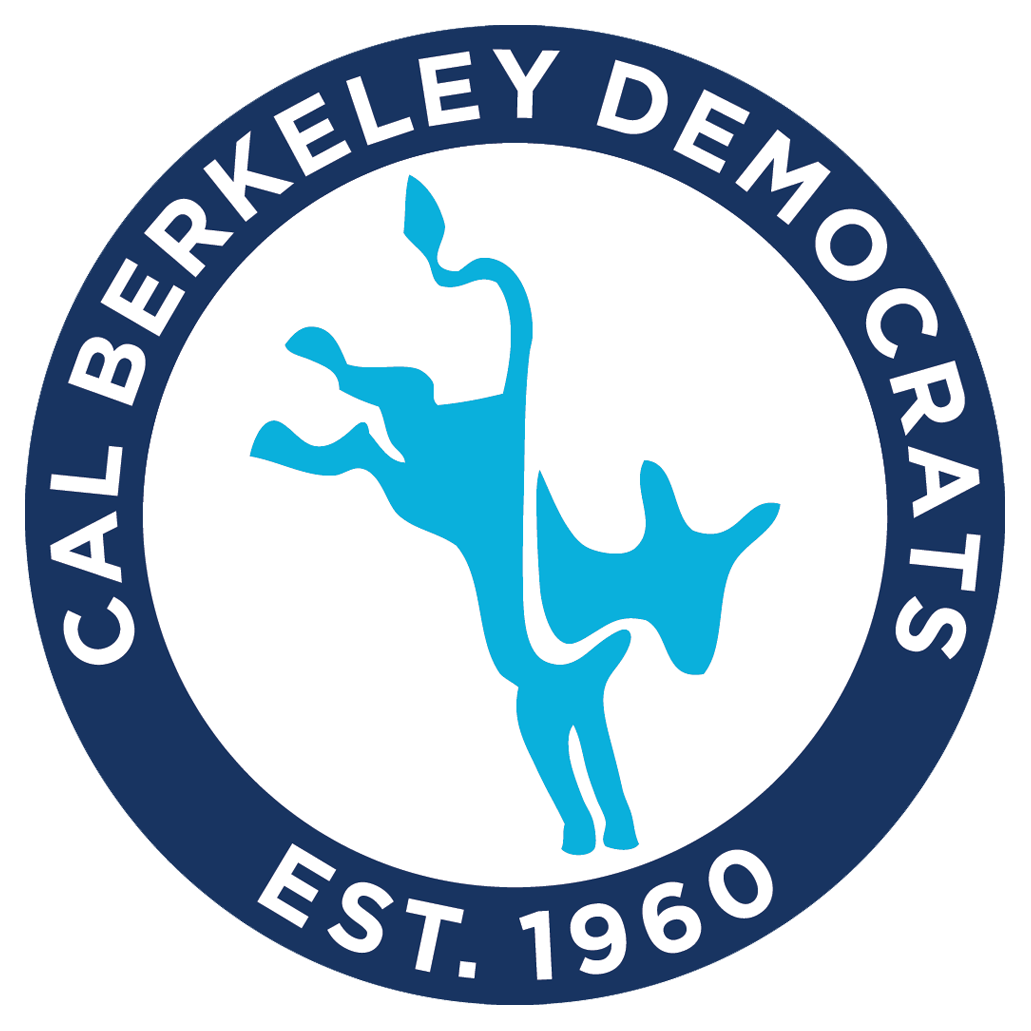Party Polarization: Gridlock, Division, and its Wider Implications for Our Country and its Security
By Shunyata "Shuni" Lysenko
An issue of late that has interested me is party polarization's impact on national security, leading to internal gridlock and division on international issues. The power of the United States internationally and the robustness of its military and national strength — all of which impact its ability to act and react to current and future national security issues and crises — depends upon alignment, even collaboration to a degree, between the political parties. Yet, already in recent years, we have seen a growing inability to talk to people or reach an agreement between the political factions and the two parties in our country. With bills or policies blocked, gridlock leads to an inability to act and, as a result, allows our enemies to gain the advantage. Just a small example of this is when in 2023 Republican Senator Tommy Tuberville (R-AL) blocked merit-based promotions of hundreds of top officers over political objections, undermining the authority of the Department of Defense and jeopardizing the national security sector. Simultaneously, a chunk of the legislator and political establishment either eggs them on or is complicit in limiting our government's capacity to aid allies because of the prioritization of short-term political aims and symbolic victories over long-term national goals and priorities.
What can be done about the radicalization of certain parts of our society and political establishment along lines that bring about indecisiveness or new and radical changes in our national security capacity is extremely interesting to me. We can see division on the issue of Russia's War with Ukraine and the cracks in decades-old precedent on policy over Israel beginning to show. While Democrats have continuously attempted to pass bills to secure aid for Ukraine, again and again we have seen Republicans attempt at obstruction, despite the national security concerns of Russia and its threat to our European allies. Republican politicians have weaponized Ukraine to attack the Democratic party despite the fact many of their own party members personally support aid, showing how the divisive political environment has taken precedence over international commitments.
Worst of all is the increasing sentiments against our longstanding political and military pacts and alliances, from our commitments to NATO, to long standing alliances in the Middle East under heat, and even our neighbours in Northern America, with potentially catastrophic results. All the while, oppositional nations increasingly align against each other and grow closer together. I recognize that this is not a new issue. For decades, the two parties have always had foreign policy and national policy differences, but the degree to which, in recent years, this has become toxic and, more often than not, politicians cannot agree on anything is an obstacle to our ability to govern, act, and react on national security issues.
What can be done or must be done about this growing divide? Whether precedents or parallel power structures can be put in place to mitigate the impact of an increasingly divided and dysfunctional legislative branch. Where one lands on either side of these new faultlines in national security and how certain national sector institutions, agencies, and political lobbies may need to realign or are already. This is a significant debate with many differing perspectives that I find fascinating because of its implications and impact on policies, the political parties, and our country.
Featured Image: Deepai.org
